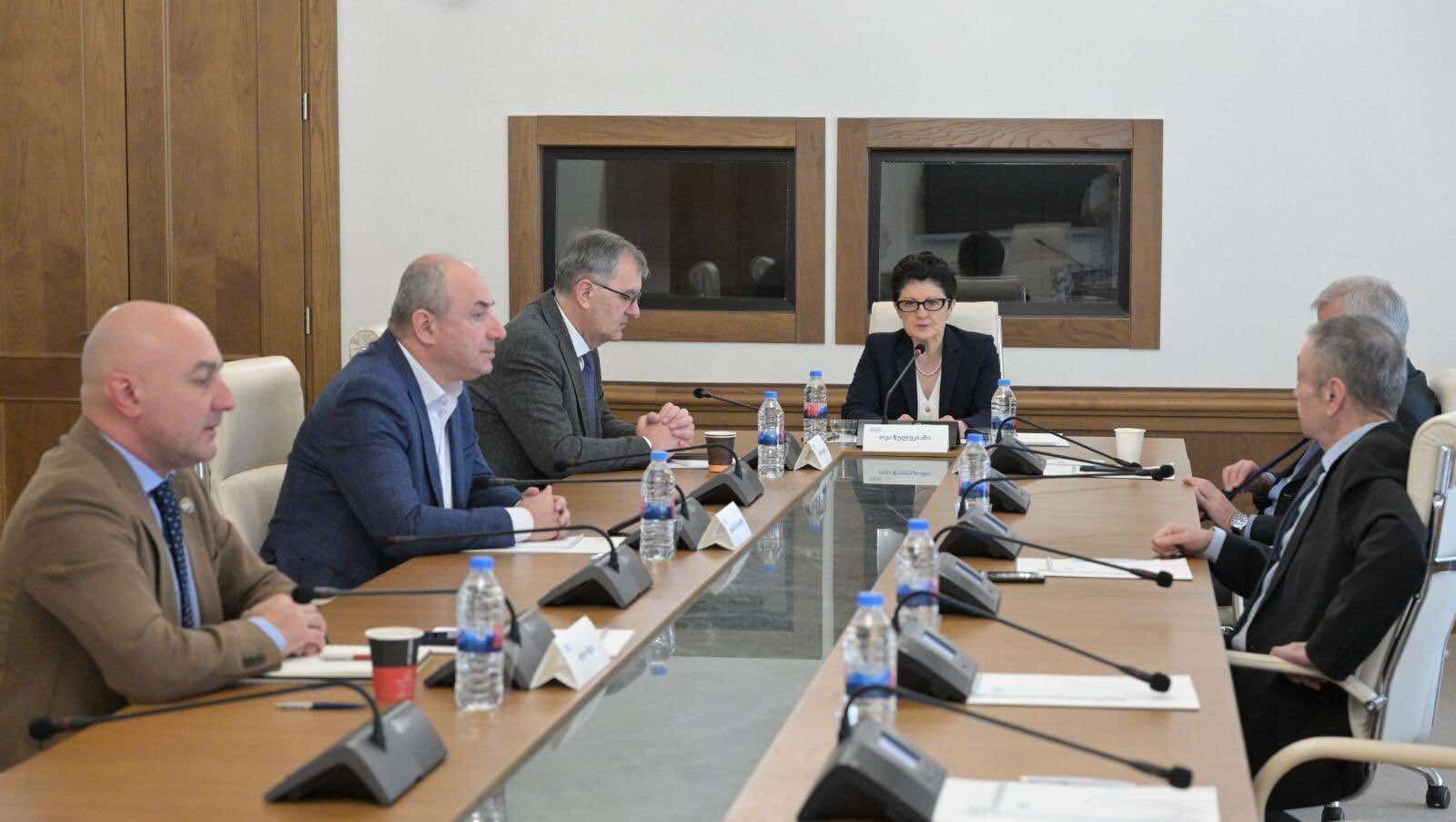Investigative commission of Georgian Parliament questions two individuals

Author
Front News Georgia
The Georgian Parliament's temporary investigative commission, tasked with examining the actions of political officeholders and affiliated individuals from the 2003–2012 regime and beyond, held a session where it heard testimony from two individuals regarding separate cases of serious alleged misconduct.
The first case involved Aleksandre Megutnishvili, who spoke to the commission about violations of property rights, physical abuse, and torture under the previous government. Megutnishvili claimed that in 2009, businessman Davit Kodua, using the names of both himself and his brother Erekle Kodua — the then-head of the Special Operations Department — coerced him into transferring ownership of a 3-hectare agricultural plot in Tsinandali.
He further alleged that in 2010, as a representative of a wine factory, he and others were summoned by Kakheti’s Constitutional Security Department chief Davit Lortkipanidze and told to pay $10,000, supposedly to support Radio Abkhazia. Megutnishvili said he managed to bring only $2,000 on that day and planned to pay the rest later, but was instead arrested on false charges of group hooliganism. He was taken to the Telavi police station, where he was reportedly beaten. After confessing under pressure, he and his cousin were transferred to Gldani Prison, while the others were released.
Describing his time in Gldani Prison, Megutnishvili called it “worse than hell,” claiming that he sustained spinal injuries and developed diabetes while incarcerated. He further stated that security officials demanded his brother purchase eight luxury vehicles in exchange for his release — a request that was refused. In 2011, under pressure from high-ranking officials, he was released on bail, allegedly in exchange for the purchase of several expensive cars.
The second case centered on the alleged violation of the right to life of Georgian academic and public figure Guram Sharadze. His daughter, Rusudan Sharadze, testified before the commission, claiming that her father's murder was premeditated, orchestrated, and deliberately falsified from the outset.
Rusudan Sharadze asserted that Guram Sharadze was not killed by Giorgi Barateli, the man convicted by the previous government, but was in fact shot by two other individuals on Melikishvili Avenue. She presented the commission with what she described as evidence and personal insights into how the case was falsified, who was involved, who ordered the murder, and who carried it out.
According to her, the motive behind the murder was Guram Sharadze’s strong nationalist stance and opposition to foreign influence, including his vocal criticism of George Soros, the Open Society Foundation, Liberty Institute, Radio Liberty, and other NGOs. He also advocated for Orthodox Christianity as Georgia’s state religion and fought for restoring national identity markers in official documents.
She claimed that, according to a so-called "golden witness," the murder was carried out by Data Akhalaia on the direct orders of then-President Mikheil Saakashvili.
Addressing Rusudan Sharadze, Commission Chair and ex-Culture Minister, Tea Tsulukiani stated:
“We will do everything in our power to ensure that the so-called first, second, third, and other ‘collective fives’ never return to power. This has been Georgian Dream’s heaviest burden under the leadership of Bidzina Ivanishvili, and we hope to face it with dignity.”
The commission is scheduled to hold its next session on May 23.
Tags:





